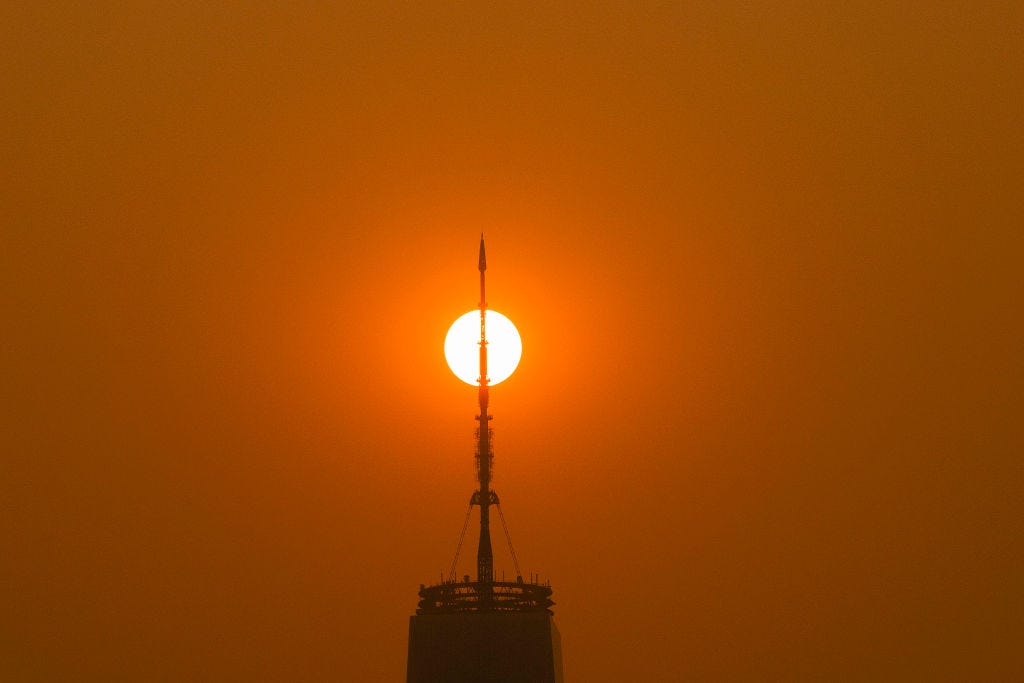Don't blame Canada
If anything, we should be blaming fossil fuel companies for the climate-worsened wildfires filling U.S. air with smoke.

The Eastern United States is this week experiencing what many regions across the world have been suffering for ye…



